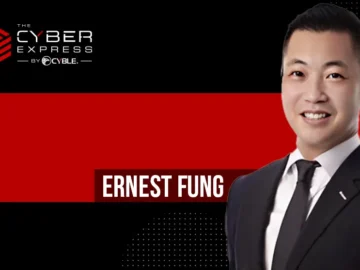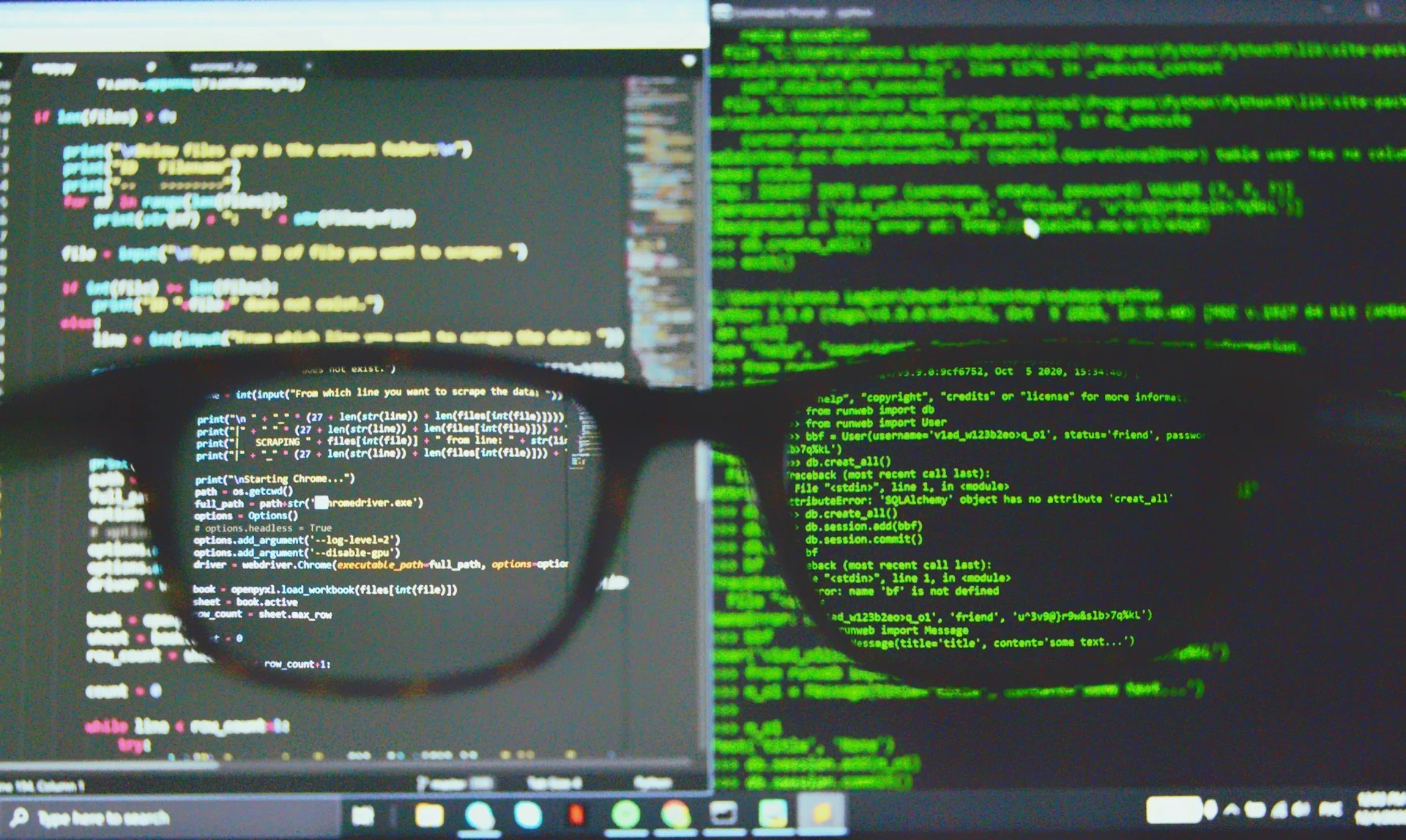Cisco has raised concerns about the recently adopted UN Convention Against Cybercrime, questioning its effectiveness in bringing about stricter international cybersecurity law enforcement while also preserving fundamental rights and values.
The convention was prompted by the escalation of cybercrime globally, with criminal groups leveraging advanced technology to operate across borders. This surge in cyberattacks has forced law enforcement agencies to develop stronger capabilities to prevent, investigate, and prosecute these crimes while also maintaining balance in the protection of human rights.
Concerns for Human Rights and Liberal Democratic Values
According to Cisco’s blog article, the UN Convention’s broad approach, which aims to address the misuse of computer networks to disseminate objectionable information, also raises several concerns about its alignment with the values of free speech in liberal democracies. Cisco argues that this represents a misalignment that should be addressed through an amendment before the Convention is adopted by member states.
As a provider of foundational products and services, Cisco said it acknowledges the need to enable governments, law enforcement, and national security officials to protect their citizens from crime and terror. However, the company emphasizes that this must be balanced with the shared values and long-standing commitments to human rights and the rule of law.
Eric Wenger, Senior Director of Technology Policy at Cisco, suggests that the UN Convention should more closely align with the existing Council of Europe Cybercrime Treaty, also known as the Budapest Convention. He said this agreement, which has been in place for over 20 years, reflects a carefully negotiated balance between competing equities and ensures adequate protection to meet the requirements of the rights mandated by the First Amendment in the United States.
Cisco Offers to Collaborate with UN Convention Against Cybercrime
Wenger states that while the UN Convention’s capacity building effort is a welcome addition to the fight against cybercrime, it is crucial that this initiative is not used as a substitute for more comprehensive reforms. He believes that the Convention’s text must be carefully revised to align with the Budapest Convention’s norms and to ensure that it does not compromise the rights and freedoms that are essential to democratic societies.
Cisco stated a willingness to partner with governments to address these challenges and find a solution that balances the need for effective cross-border cooperation with the protection of human rights and due process.
Earlier, the European and United States government raised objections during the treaty’s formation due to it being initially led by the efforts of the Russian government. Deborah Brown of Human Rights Watch (HRW) joined in criticism against the UN Convention Against Cybercrime and labeled it as an “unprecedented multilateral tool for surveillance” and a “disaster for human rights and a dark moment for the UN.”
The success of the global effort to combat cybercrime such as the UN Convention Against Cybercrime will ultimately depend on the ability to strike a nuanced and delicate balance between security as well as sufficient and rigorous transparency and human rights standards.




